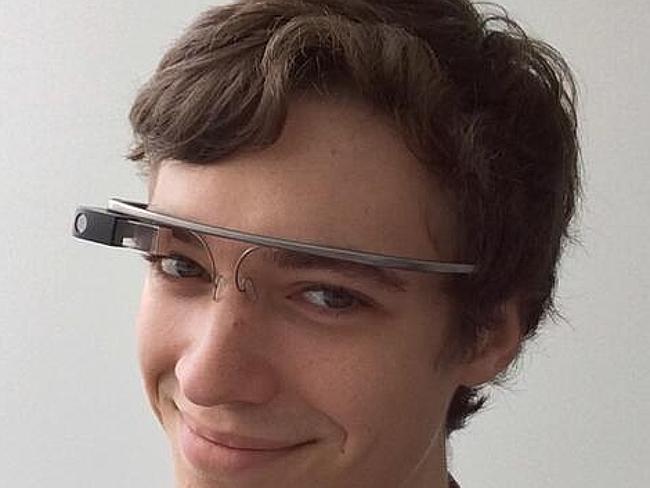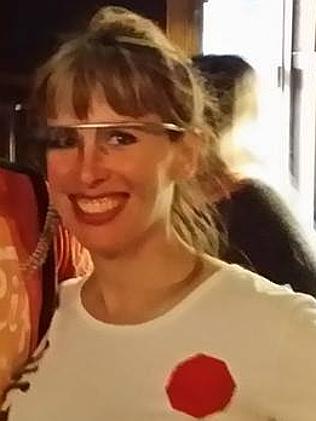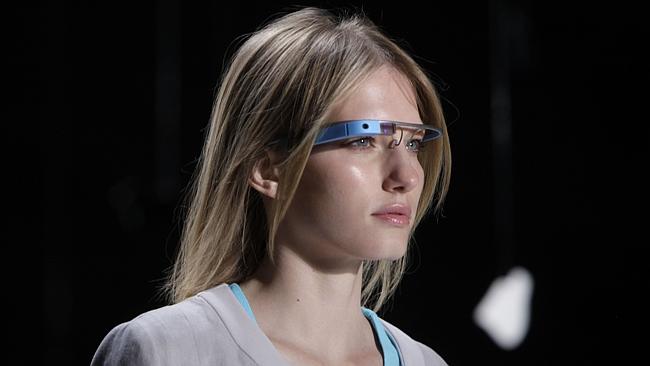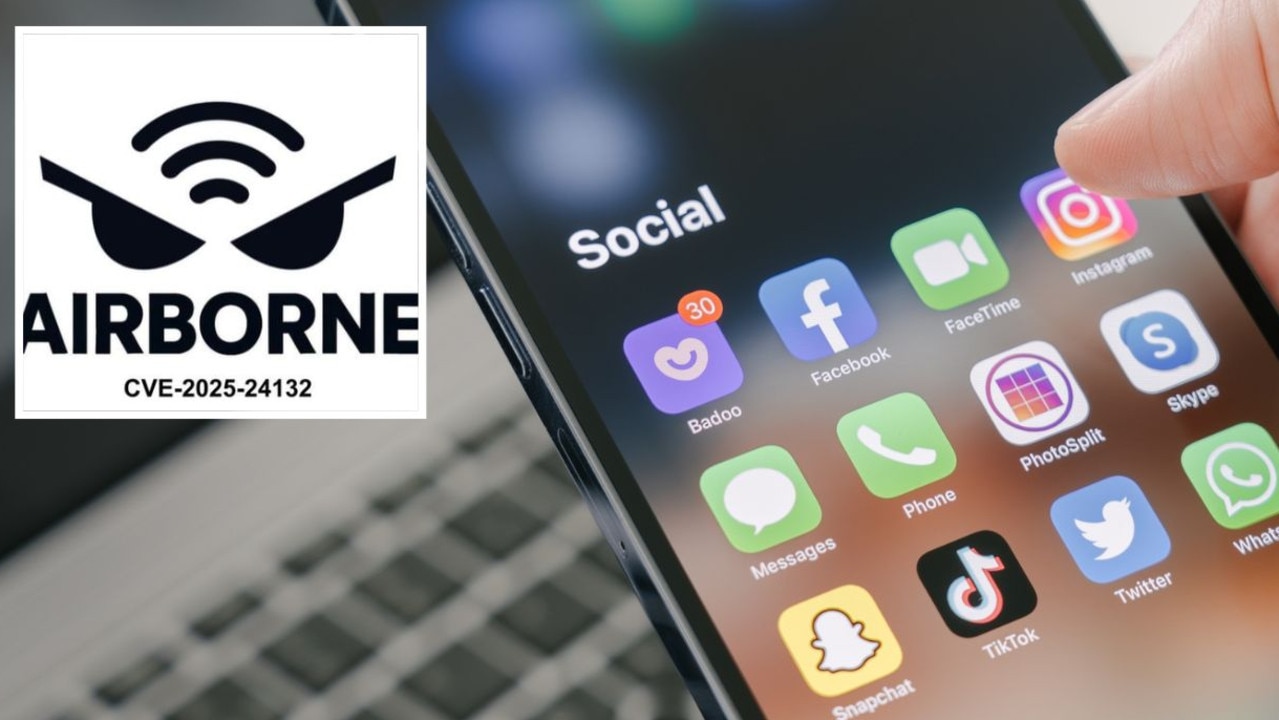Google Glass wearers being attacked as sentiment against wealthy techies
WEALTHY techies are being warned against being “Glassholes” as Google Glass wearers are targeted in attacks.
A JOURNALIST whose Google Glass was ripped off his face and smashed in the street believes the attack may be part of a trend against wealthy techies.
Business Insider journalist Kyle Russell was wearing the glasses that feature a hands-free computer which can access the internet as well as take photos and video, while walking in San Francisco on Friday night.
In a post on the incident he said a person put their hand on his face and yelled, “Glass!”, grabbed the glasses and ran off.
Russell watched as the person threw the glasses into the air in an “overhand swing”, smashing them on the ground before taking off.
The attack is part of what seems to be a growing backlash against the hi-tech device in San Francisco, where Russell acknowledges that residents are being evicted or priced out of their homes because wealthy techies have moved in.
RELATED: NYPD using Google Glass as a crime fighting tool
RELATED: Google Glass teams up with Ray-Ban, Oakley and Vogue
RELATED: Google Glass to get an Australian AFL sports app

“Unfortunately, anything associated with Google has come to represent gentrification in the city, from the buses that take young software engineers to their corporate campuses in Silicon Valley to Google Glass,” Russell writes.
“This is especially true in areas where gentrification and income inequality have become points of conflict in the community.”
Long time residents are being forced out of San Francisco as tech companies based in Silicon Valley attract more people, driving up rents.
The anti-tech feeling seems to have spilled into violence in recent months, including an attack on the Google buses that transport employees to work. In December one bus’s window was smashed by protesters holding a sign “F**k off Google” sign.

In March tech writer Sarah Slocum wrote about being attacked in a San Francisco bar, while also wearing Google Glass.
In one Facebook post she even described it as a “hate crime” against Google Glass wearers but has faced criticism on social media that she may have provoked the incident.
Some suggested Slocum had not noticed other bar patrons were unhappy with her wearing the glasses and was accused of provoking them by recording video when the situation became heated.
Even Google has acknowledged the potential issues surrounding use of its hyped device, releasing a guide earlier his year on how not to behave like a “Glasshole”.
It warned against being “creepy or rude”, aka a “Glasshole”, and to respect others.

“If you’re asked to turn your phone off, turn Glass off as well. Breaking the rules or being rude will not get businesses excited about Glass and will ruin it for other Explorers,” the guide says.
Google also points out that people should not wear the glasses and “expect to be ignored”.
“Let’s face it, you’re gonna get some questions. Be patient and explain that Glass has a lot of the same features as a mobile phone (camera, maps, email, etc.).

“Also, develop your own etiquette. If you’re worried about someone interrupting that romantic dinner at a nice restaurant with a question about Glass, just take it off and put it around the back of your neck or in your bag.”
Google Glass is not available to the public yet but there was expected to be a limited commercial release of the glasses to US consumers on April 15, with the frames costing US$1500. There is no date for when it will be released in Australia.




